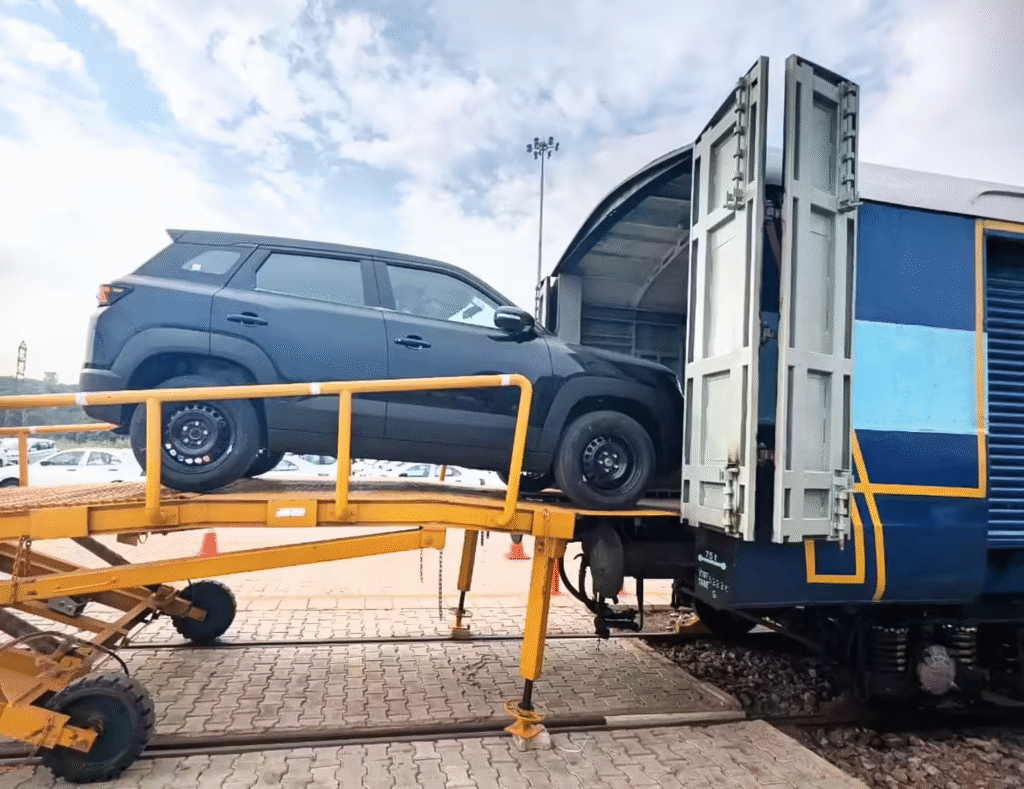Inside the Festive Car Rush: Why Delays, Discounts & Dealer Demands Happen During Festive Car Buying in India
The festive season in India always brings a surge in car bookings, thanks to attractive schemes and the cultural significance of buying something new during Diwali or Navratri. But with high demand comes a wave of customer frustration — delayed deliveries, reduced discounts, and pressure to take insurance or loans from dealerships. While many of these grievances are genuine, the reality is often more complex than it appears. Here’s an insider’s view from both sides of the counter.
Discounts After GST Cuts: Why Customers Feel Cheated
One of the most common complaints this season is the sudden reduction in promised discounts after GST price revisions. For instance, a customer may book a car on 30 September with a ₹20,000 benefit, only to be told in October that the offer has dropped to ₹15,000.
But here’s the fine print: every booking form and quotation clearly states — “Prices/schemes applicable at retail/delivery.” OEMs revise schemes monthly, and dealerships are legally bound by the new rates. It may feel unfair, but it’s a systemic practice rather than a dealership scam.
Delivery Delays: Backlog, Not Denial

Another pain point for buyers is the lack of clarity on delivery timelines. Customers are often promised a Diwali delivery, but as the festive rush peaks, dates are pushed back.
The truth? Post-GST, demand has surged beyond expectations, creating logistics bottlenecks across OEMs. It’s not that dealers don’t want to deliver — it’s simply that supply cannot keep pace with festive bookings. Patience here is crucial, as delays are industry-wide.
Finance & Insurance Pressure: The Brutal Truth
A frequent accusation is that dealers delay delivery if customers refuse to take loans from their partner banks or buy insurance through them. How much of this is true?
- Finance: Only one OEM in India has its own finance platform. For all others, dealerships tie up with banks. Executives earn ₹500–900 incentives per loan, and if a customer self-finances, that amount is deducted from their salary. It’s not right, but it’s part of the dealership system.
- Insurance & Accessories: Some brands mandate bundled packages, but in most cases, dealerships are flexible. However, executives do push hard since accessories and insurance are key profit areas.
The good news? Customers have the legal right to choose their own loan, insurance, and accessories — and no dealership can officially deny delivery for refusing these add-ons.
Who to Contact If You Face Issues
If any buyer feels harassed or cheated, the Territory Sales Manager (TSM) of that OEM should be the first point of contact. Escalating issues beyond the dealership usually resolves disputes quickly, since OEMs monitor customer satisfaction closely during festive campaigns.
Striking the Balance: Transparency & Empathy
Festive season pressure works both ways. Customers want fairness, quick deliveries, and the best deals. Dealerships chase targets, manage shrinking margins, and push add-ons to keep operations viable.
The solution lies in transparency and empathy:
- Customers should read the booking form clauses carefully before signing.
- Dealers must communicate changes upfront rather than waiting until delivery.
- Both sides should understand the unique stress of festive sales, where volumes spike unpredictably.
Final Word
Festive season car buying in India is always a mix of excitement and stress. Discounts may change, deliveries may slip, and sales executives may push extras — but these are industry practices shaped by systemic challenges. As long as both sides keep communication clear and fair, the journey from booking to delivery can still feel festive.
Also Read –Mahindra XUV 700 EV (XEV 7e) Spotted Again – Can This Game-Changer Beat Its Rivals?




Pingback: Toyota Festive Offers 2025: Discounts Up To ₹7.5 Lakh, Fortuner Gets ₹1 Lakh Price Cut - Mechhelp